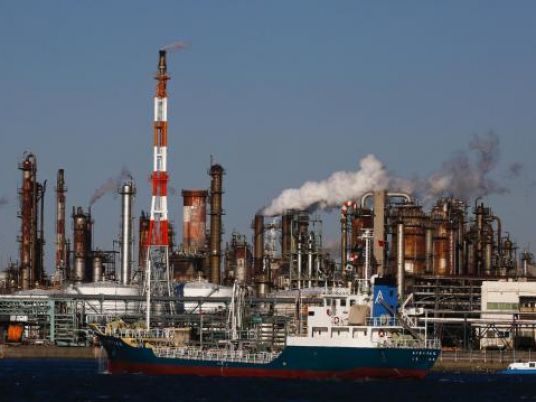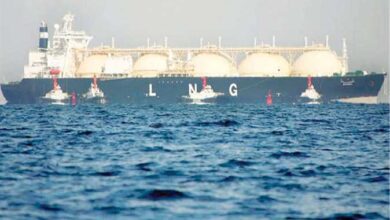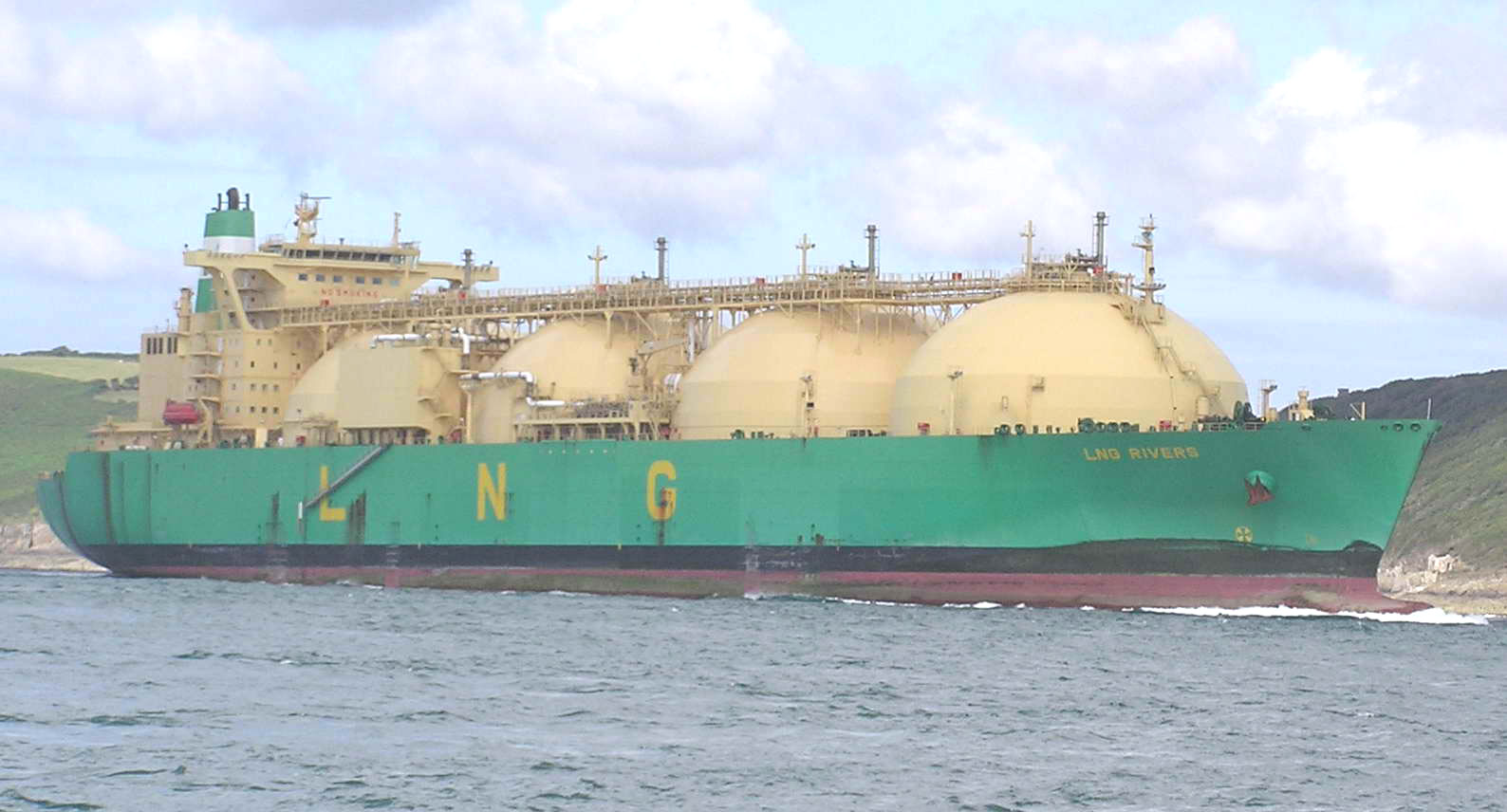
Egypt expects to import 28.6 million tonnes of crude oil, liquefied natural gas (LNG) and other oil products worth a total of almost $16 billion in 2015-16, the planning ministry said on Saturday.
The government expects to buy 7.79 million tonnes of LNG for $3.55 billion and 6.37 million tonnes of crude oil for $3.51 billion, the ministry said in a handout given to journalists at a news conference on its economic development plan for the current fiscal year, which started on July 1.
The Arab world's most populous country, which recently turned from a net energy exporter into an importer, aims to produce about 695,000 bpd of crude oil and condensates in addition to 4.7 billion cubic feet of gases sold daily.
Government projections put production at 30.5 million tonnes of crude oil this year, bringing the total projected production of oil, condensates and butagas to 35.9 million tonnes.
Declining energy production, due to a lack of investment, has turned Egypt from an energy exporter to a net importer over the past few years and contributed to a persistent energy crisis.
Egypt has tried to address energy shortages by signing a raft of LNG import deals this year and giving the private sector a green light to import LNG, a step that could encourage private investment in the energy sector while easing supply shortages.
Suez Canal revenue is projected at $5.5 billion, compared with $5.4 billion the previous year.
Egypt will open its New Suez Canal on Aug.6, a project President Abdel Fattah al-Sisi sees as a symbol of national pride and a chance to stimulate an economy suffering double-digit unemployment.
The new canal, which will allow two-way traffic of larger ships, is supposed to increase revenues by 2023 to $15 billion.
The Suez Canal is a vital source of hard currency for Egypt, particularly since the 2011 uprising that scared off tourists and foreign investors.
Egypt is targeting $9 billion in tourism revenues this year, the planning minister said at the news conference, up from $7.3 billion last year.




